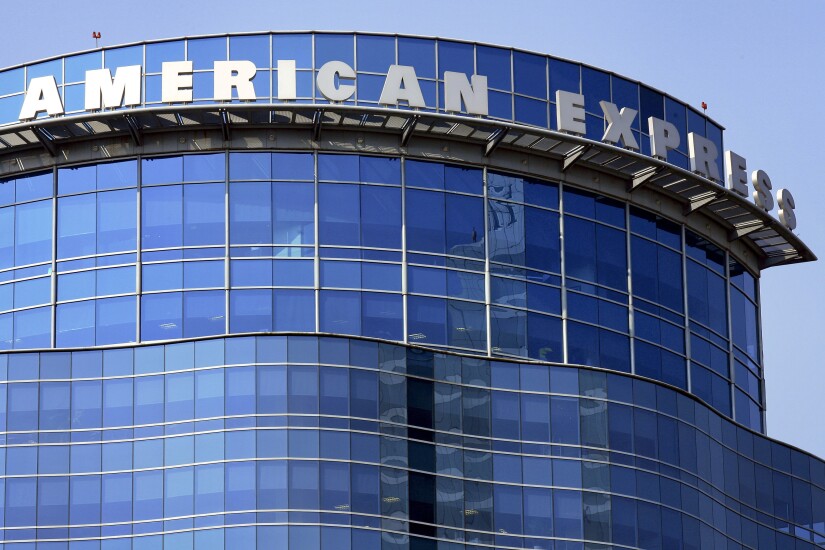By most measures, 2022 was a difficult year for companies that enable digital payments, resulting in a slew of job losses among technology workers.
There have been more than 90,000 layoffs in the technology sector, according to
"In my personal experience, having lost my job in the past, you learn that you are not infallible," said Charles Rosenblatt, president of PayQuicker, a payment company that supports disbursements. "This helped me become a much more humble employee, which I think is an important quality for both an employee and an employer."
Some of these workers may find their skills in demand, since there are fintechs and legacy card companies that are aggressively adding staff to gain an advantage in the year ahead.
Here are some payment companies and fintechs that have announced large-scale hiring plans.














